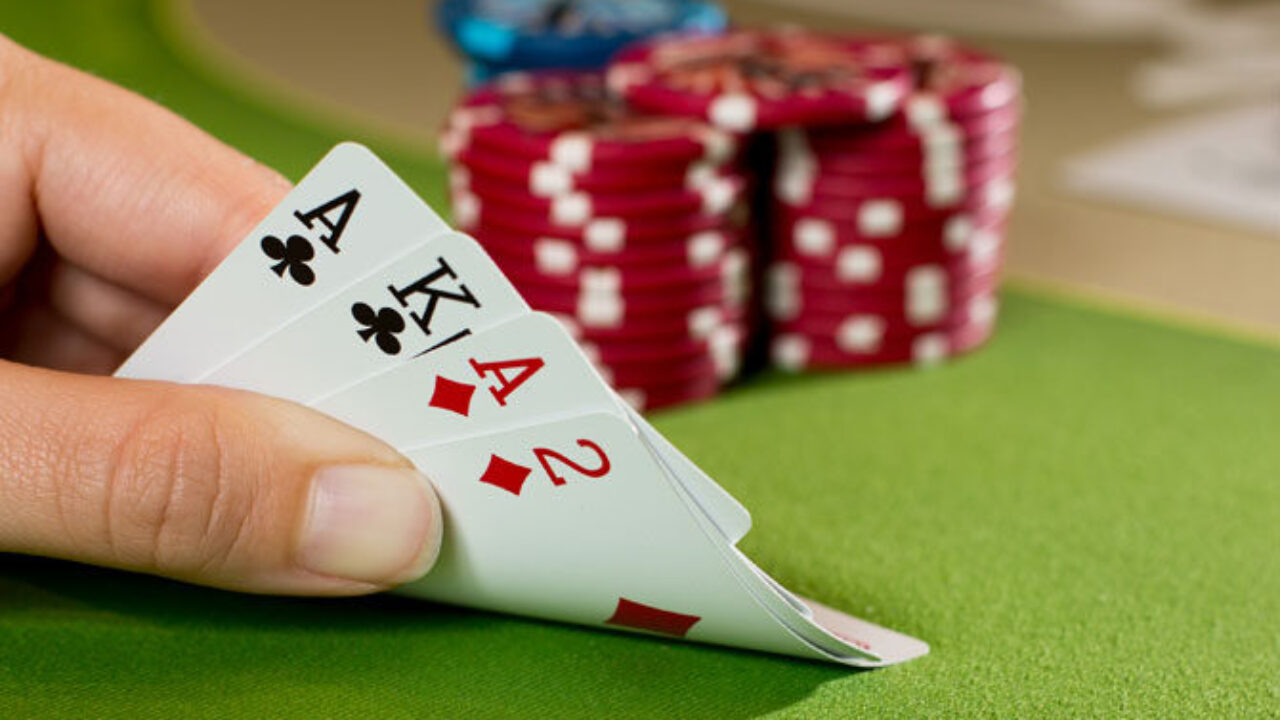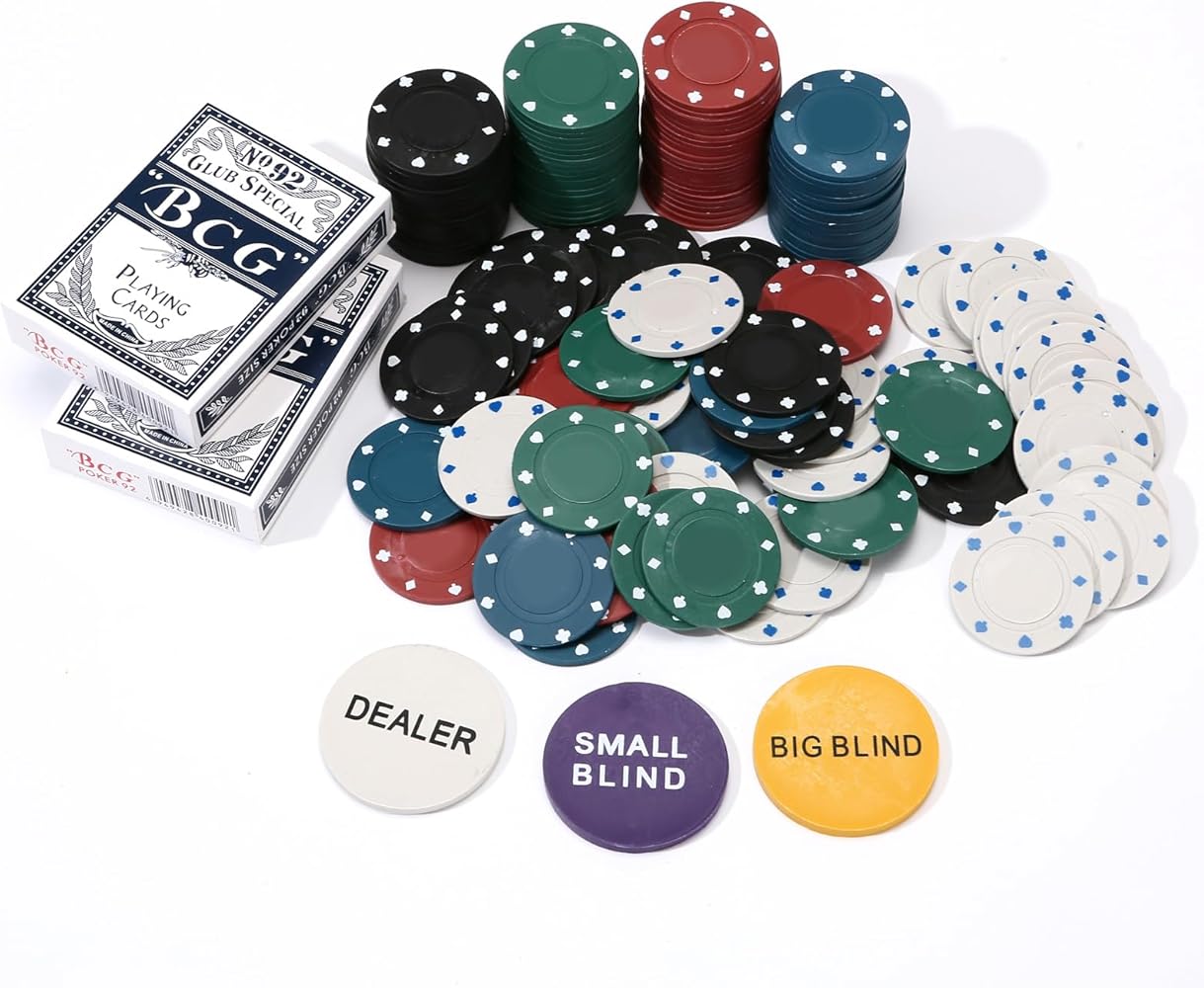Poker provides players with a way to assess risk and factor odds into decision-making processes in real life, which can improve critical thinking abilities that help develop problem solving and decision making skills.
Additionally, this game provides women with lessons in patience and emotional control – two skills which will serve them both personally and professionally.
Greater Decision-Making Power.
Poker demands you to look at your chances of winning the hand, how your opponents bet and decide which ones to play against. It can be an excellent brain trainer that can lead to faster decision making, which in practice can prove extremely valuable in both personal and professional life.
Emotional control is also important when it comes to poker, which soon can be an overwhelming experience of feelings. The ability to control your moods and not tilt is a valuable life skill that will be beneficial to professional and personal growth.
Poker is not only a brain-tickler, but also trains high-level talents such as persistence and concentration. Furthermore, playing poker can influence uplifting mindsets for daily life – and the cognitive game itself is thought to reduce risk of Alzheimer’s and other neurodegenerative disorders.
Improved Memory.
Memory of every kind is needed for poker; bet patterns, players’ style and hands have all to be kept fresh in the mind to take calculated strategic action. A skilled short term, long term, and working memory player will pick up on these over time and apply it to his strategy.
Poker demands intense discipline. The game is also incredibly annoying, which means players need to stay out of their heads and avoid jumping the gun when they get things wrong. In time, this creates more discipline and patience – which you can use in other high-stress aspects of your life.
The repetition of actions and rules during poker helps memory to become more powerful, because over time the brain repeats the sequence, opening new neural pathways in its memory retrieval. Just as singing retains memories because it is fun to remember; poker is therefore widely appealing to those wishing to improve cognitive flexibility and judgment.
Increased Patience
If you are going to be a successful poker player, you need to be patient. Waiting time will enable you to have a head space to think, to make the right moves, and to take advantage of opportunities as they present themselves; it’ll also enable you to take losses with grace when confronting obstacles in your life and at the poker table.
And patience can be developed by playing poker. It involves focusing intently on the opponents at the same time as being cautious and waiting for just the right moment; both of which help build strength – crucial to success in any discipline.
It’s not just that the best poker players have good intuition, a talent for seeing things and getting the right moves. This has been practiced for years of diligent play until it’s automatic – they win poker games, and life-and-death games. And they develop patience with bad breaks and frustrations too – for example when they get a bad beat they do not chase it out until it happens but learn from it – psychological discipline we have never seen before!
Increased Intelligence
And there are a lot of cognitive benefits from poker that you can use in your daily life. From strategic thinking, memory improvement to probability theory on the job.
It’s also possible to learn the skill of deciphering logical fallacies – that is, ways of thinking that make sense in the moment but are founded on flawed assumptions – which will prove invaluable at home and at work.
Poker can also promote good mental health and reduce the onset of progressive neurological disorders such as Alzheimer’s. Poker teaches you to make decisions, to be patient, to manage emotions under pressure – all essential competencies for people struggling through a difficult life like Alzheimer’s. Furthermore, it shows you how to delay your gratifications so you can focus on what is most important in life instead of what comes in first.




